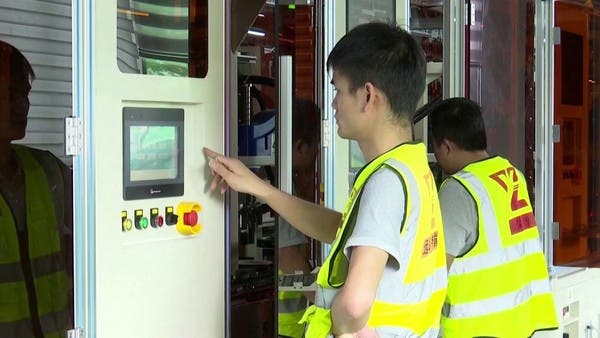Since the announcement of the establishment of the Digital Silk Road in 2017, China has strengthened cooperation with Countries along the Belt and Road Initiative in technology Including the digital economy, artificial intelligence and internet of things sectors.
Beijing has assured the world that it has become a technological force to be reckoned with, after the size of China’s digital economy grew from 27 trillion yuan, or about $3.6 trillion in 2017, to over 45 trillion yuan , amounting to 6.4 trillion dollars, last year, making China second in the world. The contribution of the digital economy to China’s GDP increased from 33% to 39.8% in the same period.
Today, China’s digital industry is playing an increasingly important role in our region’s economies, as Saudi Arabia, the UAE, and Egypt signed memoranda of understanding on cooperation in the field of Digital Silk Road, which provided a unified umbrella for the Chinese technology companies to expand their business overseas.
Huawei, which controls about 30% of the global communications infrastructure market, was able to secure 91 contracts from different cities around the world to develop 5G networks, but the giant company has expanded its technical expertise to include the energy, as Huawei Digital Power has contracted to build an energy storage station, with a capacity of 1300 megawatts, in the NEOM project.
Alibaba Cloud, which belongs to e-commerce giant Alibaba, is also one of the companies active on the Digital Silk Road.
The company collaborates with the Saudi Authority for Data and Artificial Intelligence in several areas, including the provision of solutions for smart cities.
In the UAE, Mubadala and the China Development Bank have set up a $10 billion fund focused on technology deals.
And last September, the Mohammed bin Rashid Space Center signed an agreement with China’s National Space Administration to carry out a future joint mission to explore the moon.

